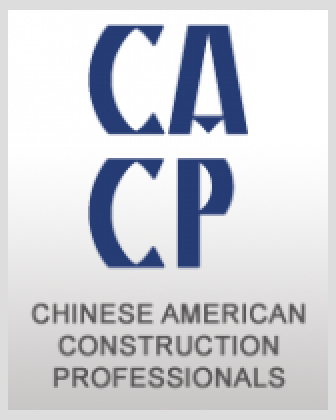
Summarizes Code Officials’ Discussion of Impending Workforce Crisis,
Offers Solutions
The International Code Council (ICC) has released the report, “Raising the Profile, Filling the Gaps: Report from a Town Hall Meeting on the Future of Code Officials,” which summarizes the findings of a Town Hall Meeting held during the 2014 ICC Annual Conference. The report is available online and includes recommendations for individual code professionals and guidance for ICC.
During the summer of 2014, ICC engaged the National Institute of Building Sciences (Institute) to conduct a nationwide survey of building code compliance professionals. The results of this first-of-its-kind demographic survey of code professionals confirmed the growing concern within the building industry about a pending retirement exodus. Eighty percent of the existing code professional workforce is expected to retire in the next 15 years, and more than 30 percent plan to do so within five years. ICC and the Institute hosted the Town Hall Meeting, inviting code professionals and other interested industry professionals to discuss the actions necessary to address this impending crisis.
“The valuable information we received from the nearly 4,000 code professionals surveyed, as well as the in-person feedback from our Members and others during the Town Hall Meeting, sends a strong message. We must act now to bring the next generation of code officials into our vocation or risk a serious impact on public safety and the quality of building department staffing,” said ICC Board President Guy Tomberlin, CBO.
The resulting report highlights current efforts undertaken by some code departments and professionals to “raise the profile” by participating in community events, serving on high school and community college advisory boards, and supporting internships, ride-alongs and mentoring opportunities.
It also is essential that code officials help government officials increase their understanding of the role code departments play in public safety and economic development, as well as the importance of investing in technology and training for code officials.
The report includes the following recommendations and possible solutions:
- Code departments, ICC Chapters and individual code professionals should take every opportunity to gain exposure in their communities. This includes participation at community-wide events, programs in the classroom, internship and mentoring programs, and engagement with other government officials.
- ICC and the Institute should conduct the survey regularly to monitor progress. The survey also should be expanded to incorporate issues of diversity, trends within departments and technology implementation.
- ICC should develop materials supporting a common message about the profession, including the role within communities, impacts on economic development, case studies and career development plans.
- ICC should continue to support advances in technology that facilitate code administration, provide education and training, and identify best practices. In particular, ICC should continue to provide online access to codes and related documents to support additional technology advances.
- ICC should develop a program, including webinars and live presentations, introducing the profession. These presentations should be available to the community. Community partners can help reach out to the public.
- ICC should develop training for code officials on how to engage with local government representatives.
ICC and the Institute will continue to work on addressing these important issues and, working with key stakeholders, will explore the best means for implementing the recommendations gleaned from the survey and subsequent Town Hall meeting.
View the Town Hall Meeting Report. Download the report of survey results.
About the International Code Council
The International Code Council is a member-focused association. It is dedicated to developing model codes and standards used in the design, build and compliance process to construct safe, sustainable, affordable and resilient structures. Most U.S. communities and many global markets choose the International Codes.
